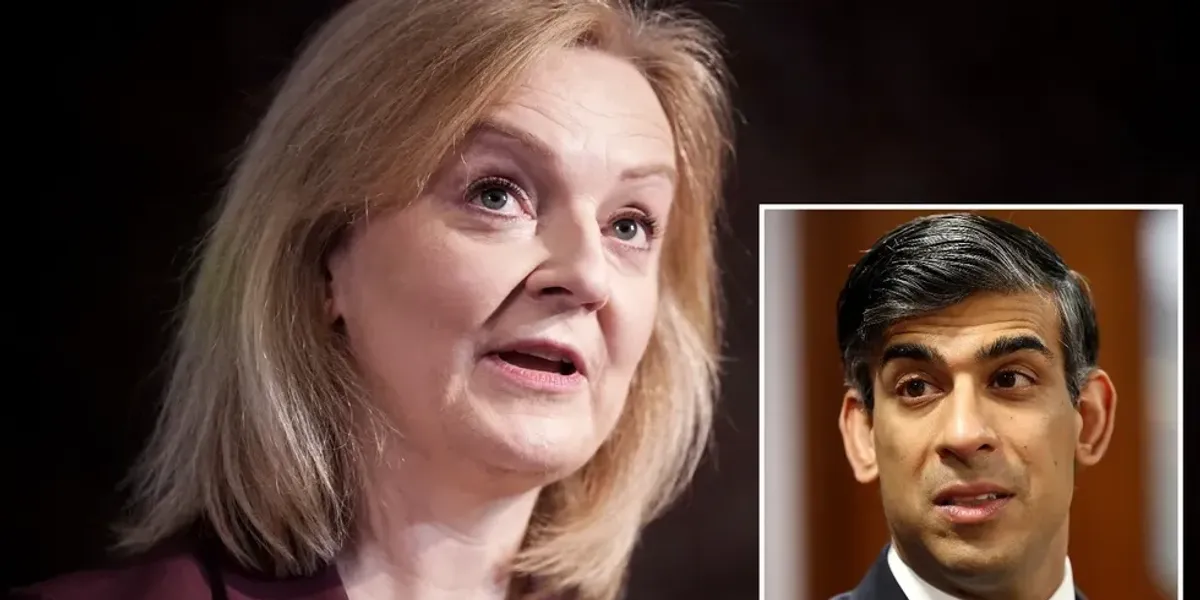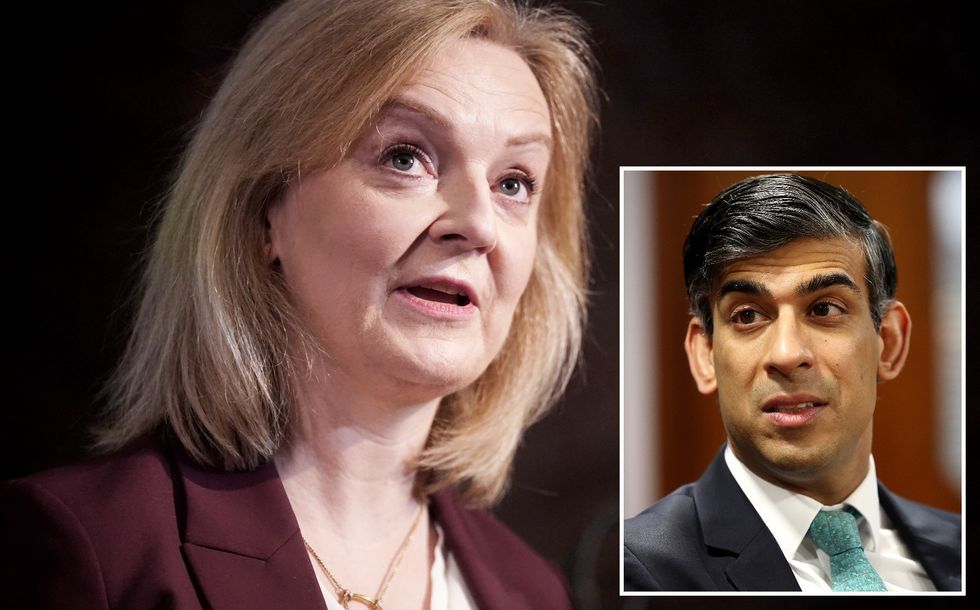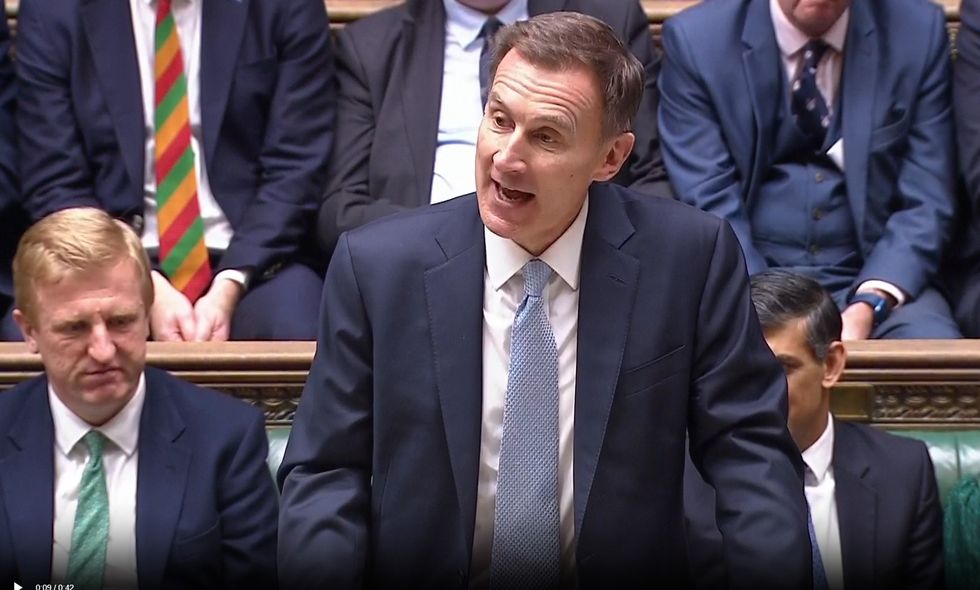
 Press Releases
Press Releases 
The Tories are at their lowest approval rating since Liz Truss, new polling shows, in what is a post-budget knock to the Government.
A new survey from Savanta, conducted between March 8 and 10 – just days after the Budget – put the Conservative Party on 25 per cent support.
Labour is 18 points ahead on 43 per cent. The Tories were down by two points and Labour were down by one point compared to previous polling from Savanta conducted between March 1 and 3.
The Government was hoping this month’s budget would provide a much needed poll bounce after the Treasury announced it would be cutting National Insurance by a further 2p.

The Tories are at their lowest approval ratings since Liz Truss, new polling shows, in a post-budget knock back to the Government
PA
But Savanta said the 25 per cent figure is the “lowest voting intention Savanta has recorded for the Conservatives since the final week of Liz Truss’ turbulent premiership in October 2022”.
Truss was forced to resign after just 49 days, following a mini-budget which sent the markets into freefall.
Chris Hopkins, political research director at Savanta, said: “The last time we recorded the Conservatives’ vote share this low, their leader resigned within the week.
“Not since the final days of Prime Minister Liz Truss have so few of the UK public expressed a willingness to vote Conservative.
“This is just one poll, yes. But what should concern Rishi Sunak – less than two months from crucial local elections – is that these numbers fit part of a wider trend.
“Our latest voting intention isn’t a sudden drop, it looks like a long-term downwards trend that the Prime Minister can’t seem to reverse.”
A report from the Resolution Foundation published the day after the Spring Budget, showed that the Conservatives will preside over the first parliament in modern history to oversee a fall in living standards.
Their analysis showed that real disposable income will drop by 0.9 per cent by next year.
It also dubbed £19 billion of cuts to public services a “fiscal fiction” and warned that the next Government will be facing a “huge” task ahead of them.
Leaving income tax untouched, Hunt was keen to stress the benefits of the combined NI cuts announced over the last two budgets – saying it will amount to a £900 saving for the average employee.
The Chancellor also suggested National Insurance payments could be scrapped entirely, describing the levy as “particularly unfair”. He said his “long-term ambition” is to end the system of double taxation.

The Chancellor also suggested National Insurance payments could be scrapped entirely
PA
Hunt also froze both alcohol and fuel duty until 2025, along with the creation of a “British ISA” which will allow an additional £5,000 annual investment in UK equity.
The Chancellor allocated £3.4 billion in investment aimed at improving NHS productivity, something he said will “unlock £35 billion of savings”. He announced plans to get rid of the “outdated” non-dom status, instead replacing the regime with a “modern, simpler and fairer residency-based system” from April 2025.
Hunt also extended child benefits to hundreds of thousands of middle-income families, increasing the high-income child benefit charge threshold from £50,000 to £60,000.
However, Tory MPs were ambivalent about the measures, calling for him to go further at the Autumn Statement.
LATEST DEVELOPMENTS:
MP for Mansfield Ben Bradley told GB News it had “some small positive steps”, but added: “I hope that – assuming we’ll have an autumn statement now – there will be something more radical to come before a [General Election]”.
Another equally unenthusiastic MP added: “It went as far as the O.B.R. would allow.”
Meanwhile, former cabinet minister Jacob Rees-Mogg accused the Chancellor of simply “tinkering” with the country’s finances.
24World Media does not take any responsibility of the information you see on this page. The content this page contains is from independent third-party content provider. If you have any concerns regarding the content, please free to write us here: contact@24worldmedia.com